The D128 Board of Education has adopted an operational calendar for the 2024-2025 school year. The operational calendar determines non-attendance days by the number of staff and students who would miss school. As a result, only Good Friday will be a non-attendance day. There are many different reactions to this decision.
Creation of the calendar
In 2022, Hindu students approached the school board and asked for the third day of Diwali, the most significant day of the five-day-long festival, to be recognized as a non-attendance day. The board addressed the request and attempted to create a new calendar that would include Eid, Diwali, and the Jewish Holidays as non-attendance days. As they explored the issue, their legal support advised them to establish an operational calendar instead.
The only religious holiday that will be allotted a non-attendance day will be Good Friday, because over 25% of staff will not be in attendance, and the school cannot support the school with that number of substitute teachers.
Dr. Herrmann: Trying to find a solution
Superintendent Dr. Denise Herrmann has been following the process of building a new calendar for the last six months.
“[The calendar community] brainstormed probably 25 different ways that we could maybe find a way to make it work,” Dr. Herrmann said. “Every time we thought we had a solution, we brought it to our attorney. He would say if you do that, you could be sued for the minimum $50,000 up to millions.”
Due to the absence of a better solution, the board voted for the operational calendar; however, they wanted to make sure students’ rights to practice their religion were upheld, so they created an alternative solution.
“The board put their effort into saying [and creating a policy that says] we want all kids to feel like they can easily take a day away to be with their family and friends and their religious community on their holy days,” Dr. Herrmann said.
There are plans to create a council with the religious leaders of the many diverse communities at D128, so the board can be informed by those who know their faiths best. This council would provide perspective and input into ensuring the district’s students are supported by the operational calendar.
“Although this decision felt like it may have been a step backward in terms of District 128 and its commitment to diversity, equity and inclusion, our policy on this particular topic, policy 7.12 about racial equity, diversity, and inclusion, is one of the strongest in the state of Illinois,” Dr. Herrmann said.
While the board has already voted and decided per all the data that was collected and presented to them, their agreement states that they will be unable to re-discuss this policy for the 2024-25 calendar, unless new material information is gathered.
“We are committed to doing additional survey work in the upcoming years,” Dr. Herrmann said. “The law requires us to have data to say when we can’t operate. We have to continue to do that survey frequently enough [so] we can make that decision,” Dr. Herrmann said.
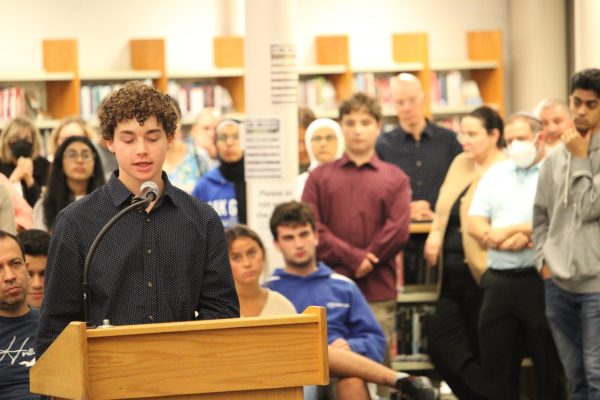
Students: Varied reactions to the solution
The two groups of students who will lose their holidays are the Jewish and Muslim students: Jewish students will lose Rosh Hashanah (the holy day marking the beginning of the religious new year) and Yom Kippur (the holiest day of Judaism, focusing on atonement), Muslim students will lose Eid al-Fitr (holy day marking the end of Ramadan, the most important month of Islam).
For Hindu students, the situation is different as they are not technically losing a holiday. However, there is still frustration among the community, especially since the operational calendar recognizes Good Friday as a non-attendance day.
“I feel like if you’re going to have winter break [which includes Christmas] and Good Friday, you might as well have all the other ones,” sophomore Shubh Varshney, a Hindu student, said.
Even students whose holiday is mostly celebrated in the evening will be affected by the lack of the non-attendance day because the morning is used for preparation.
“It’s mostly at night but a lot of the preparation happens in the morning and the afternoon, I think, even for the other holidays,” Varshney explained. “Especially if you’re Muslim, you’ve been fasting for an entire month. I’m not too familiar with it, but I feel like they deserve that day off too.”
In 2020, Muslim students Sarah Belabbes, Amal Hasan, Emma Bleck and Zaina Kagzi approached the school board to add an additional non-attendance day, one of their major holidays, Eid, to the calendar. The board accepted the suggestion and has been keeping the date of Eid as a non-attendance day for the last few years.
In the Muslim community it is common to take the day off to celebrate with family and friends.
“No one’s willing to do work on our holiday,” said Muslim student, freshman Hafsaa Ahmad.
Muslim students want Eid off to celebrate their faith with their family; however, this time, school will still be in session, and many of them are nervous about missing an additional day of education.
“[This decision] is obviously going to affect our schoolwork because a majority of the Muslims are not going to be [in school] for Eid,” Sophomore Lena Noweder, a Muslim student, said.
Furthermore, some members of the public felt that future Cougars and Wildcats were not included in the decision-making process. Many feel that, because of the lack of representation, the data supporting this decision is not entirely accurate.
Additionally, “[the student Muslim population is] still continuing to grow. We have so many Muslim freshmen that are coming this year and more to come,” Noweder said.
Jewish student Andy Trob shared Shubh Varshney’s perspective on the unfairness of keeping only Christian holidays.
“It didn’t make much sense to me when I heard that [Christian] holidays would be kept,” Trob said.
District 128 has held non-attendance days for Jewish holidays since 2002. This has caused an added level of frustration from Jewish students who will not have their holiday off for the first time.
“I have an older sister who’s a senior and she had holidays off when I was in middle school [and] elementary school. I’ve always had these holidays off,” Trob said.
Trob’s request for support is that teachers are simply sensitive to students who will be absent for their holidays.
“I’m worried that some teachers will feel their classes are too hard [and] their classes are too important for [students not to] worry about,” Trob said. “I just want [teachers] to be aware of what’s going on.”
While the decision to implement the operational calendar will not change for the 2024-2025 school year, the D128 religious communities are not giving up.
“We’re already talking with other religious communities and other minorities about how best to deal with this and just know, even if we’re not outright protesting this, we resent what happened,” Trob said.
Trob also touched on the added stress of current events that are already stressing out students. In the midst of the Israel-Palestine conflict, the Jewish and Muslim communities of D128 have come together in a show of unity to protest the operational calendar.
“With everything that’s happening in the world, you can imagine that multiple different communities are deeply affected by this and there’s a lot going on within the communities,” Trob said. “And the fact that we’re taking the time to be worried about this and thinking about this, instead of dealing with the loss of loved ones on both sides of the conflict, I think that speaks to something as well.”
Dr. Koulentes: Making the most of the solution
Even though they understand the difficult position board members are in, many people may feel as though their cultures are not being celebrated or respected. Community members losing their holidays conveyed a sense of grief and loss at the meeting with the school board.
“Our intention was never to cause harm or to cause grief,” Principal Dr. Thomas Koulentes said. “Unfortunately, it was a situation where the solution the board needed to make because they are bound by their oath. They have to ensure that their practices are aligned with state and federal laws.”
Dr. Koulentes had mixed feelings about the calendar decision.
“I was sad because I knew that many students and staff were going to be disappointed and frustrated by that vote,” Dr. Koulentes said. “But in a [way], I was also very proud of our students and our community for how they came out to express their concerns and their ideas. They did so in a very respectful and thoughtful manner.”
The decision to implement the operational calendar has caused many students who once believed they were supported in this district to feel like they are not and to question the extent to which the district truly does value diversity.
“These religious holidays are very important to [students’] health and happiness, so of course, we always want to find ways to support our students,” Dr. Koulentes said. “And so I understand if they’re feeling frustrated, I understand if they’re feeling hurt and if they’re feeling sad or stressed about this. What I hope they will come to realize, or what I hope they believe, is that we as a district care about them.”



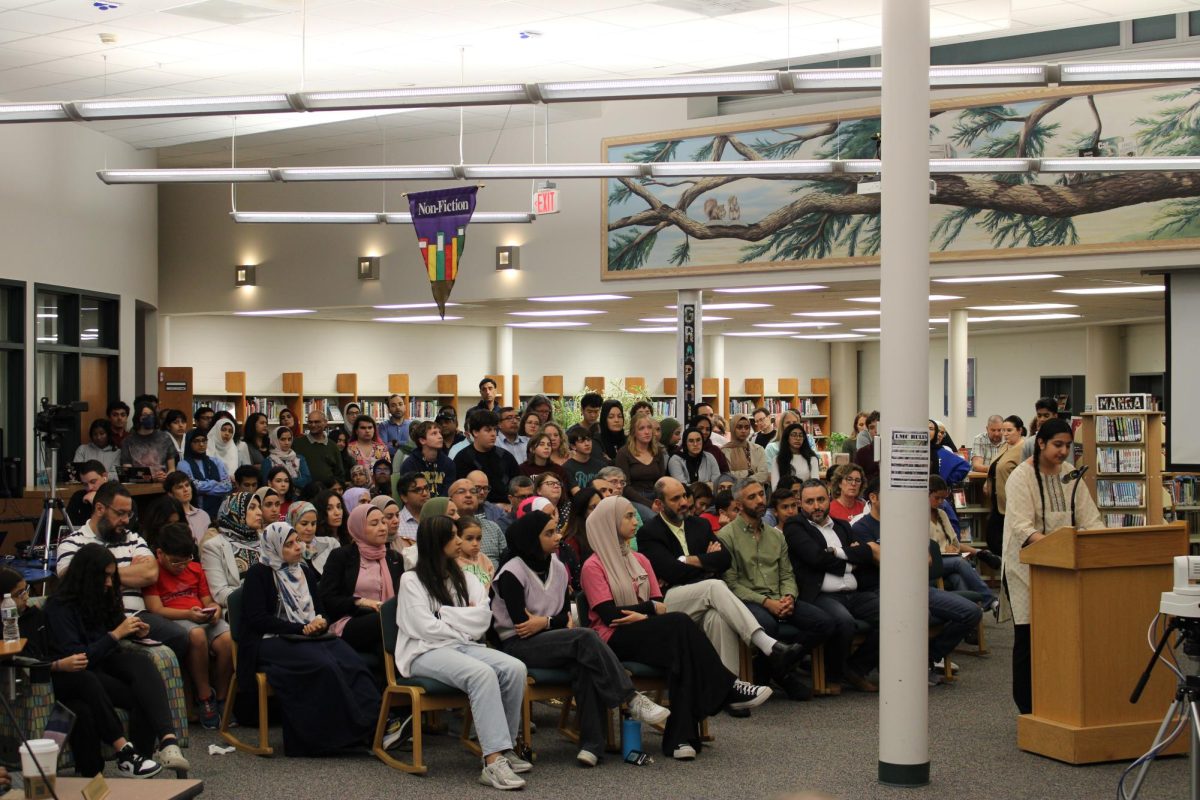


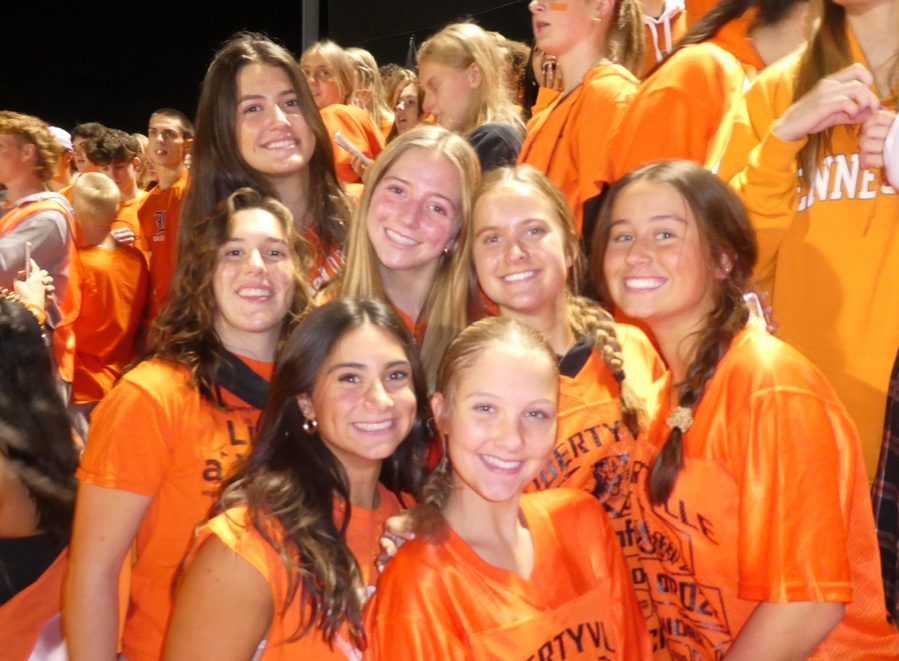
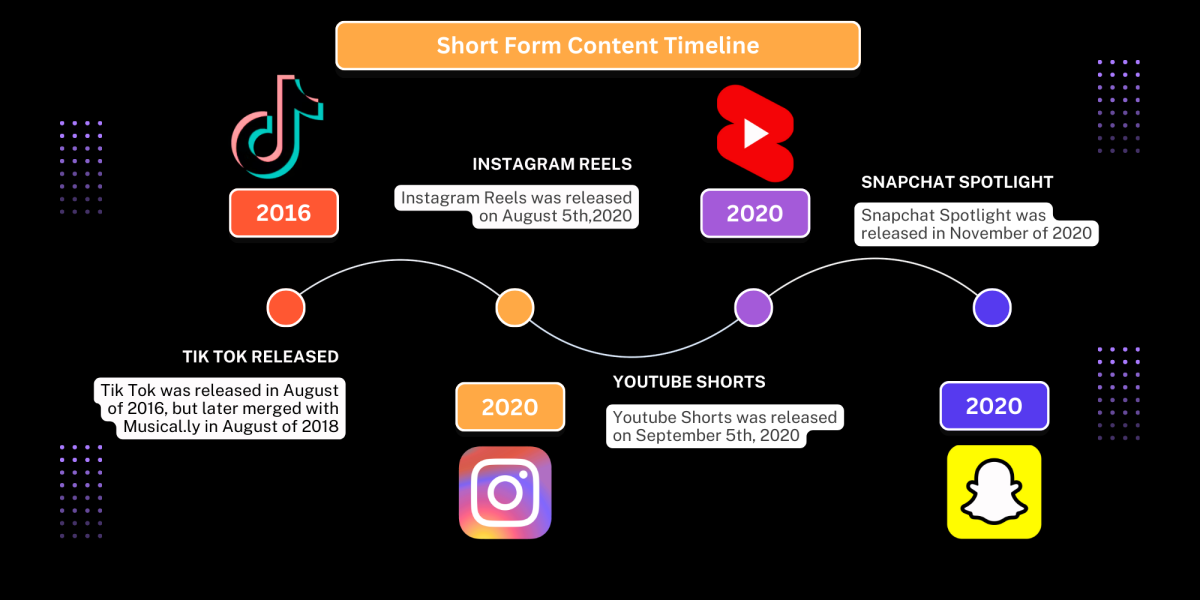
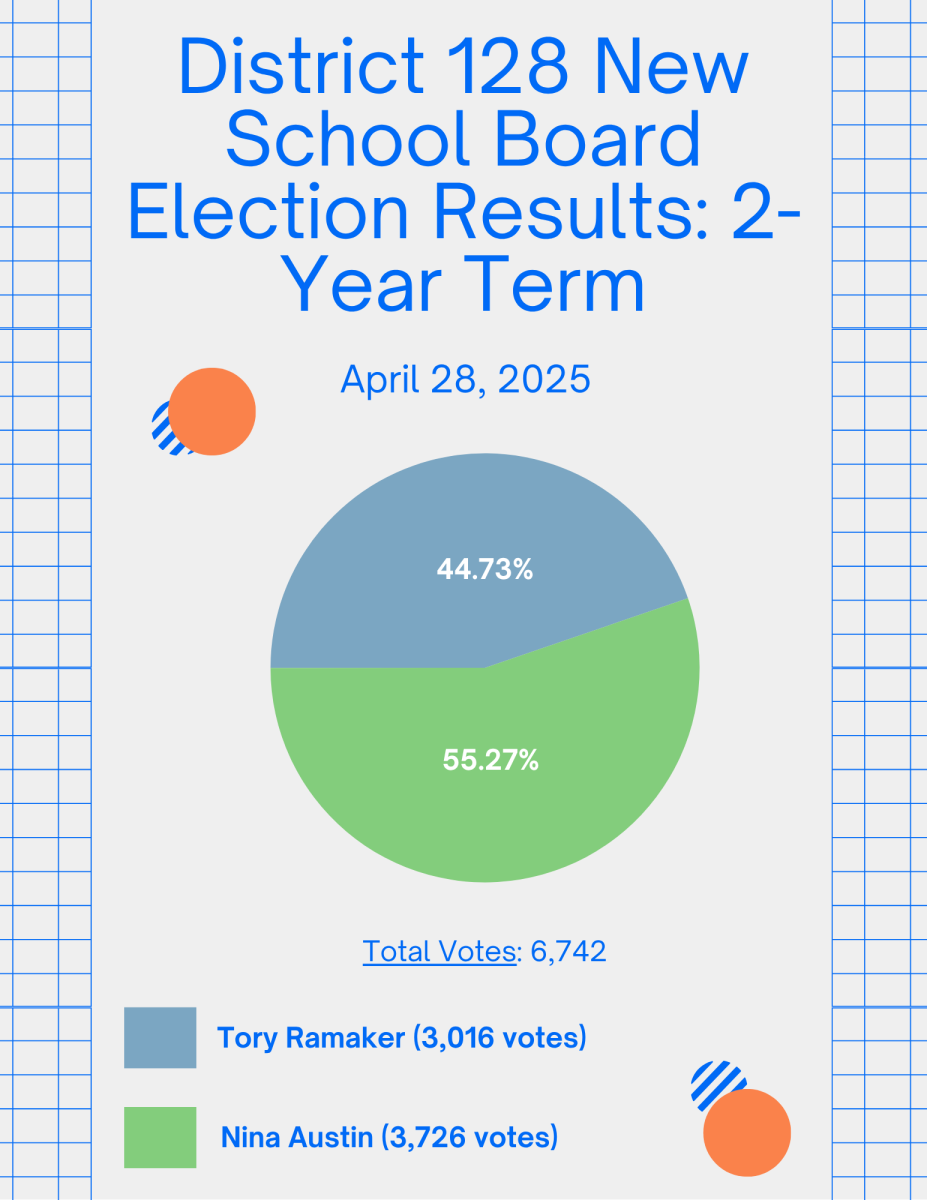
![Mr. Abullh Ali, manager/assistant, helps open Queen Yemeni Coffee in downtown Libertyville at 606 North Milwaukee Ave. With the help of employees such as manager and LHS senior Yousef Taha, they are able to bring the Yemeni and Ethiopian culture to Libertyville by using their Queen spices, cinnamon and cardamom in their drinks such as Adani Chai, which is inspired by Sheda, the Queen of Yemen and Ethiopia. “The history of our coffee [is] a long history and we believe that Yemen and Ethiopia started the coffee and we are bringing something unique to the community,” Mr. Ali said.](https://www.lhsdoi.com/wp-content/uploads/2025/04/Photo-1-1200x800.jpg)





![Senior River Thompson joins the Jazz Ensemble by singing “That Old Black Magic” by Mercer and Arlen Arr. Mark Taylor, along with senior Annie Brody on guitar and junior Thomas Teixeira on bass, earning big applause. “[The concert had] great energy because it's the last [jazz concert] of the year,” Brody said.](https://www.lhsdoi.com/wp-content/uploads/2025/04/Eight-That-Old-Black-Magic-1200x800.jpg)

